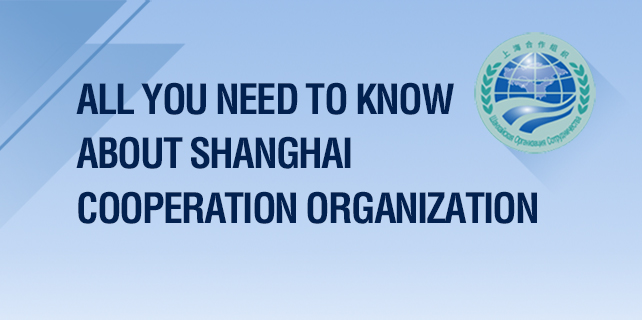Half of UK employers unprepared for immigration changes - think tank
 |
|
Employees of a foreign exchange trading company work near monitors showing TV news on Britain's general election and the Japanese yen's exchange rate against the British pound in Tokyo, Japan June 9, 2017. [Photo/Agencies] |
LONDON - Almost half of British employers are unprepared for the government's planned changes to immigration rules after Brexit, a survey from the Resolution Foundation think tank showed on Monday.
According to the survey 30 percent of companies expect freedom of movement will continue for citizens from the European Union and the European Economic Area (EU/EEA) so long as they have a job offer.
Another 17 percent thought there would be no change to the current rules.
The Resolution Foundation said these expectations were "totally unrealistic" given that British Prime Minister Theresa May has pledged to cut immigration to the tens of thousands, regardless of businesses' demand for foreign labor.
But May lost her parliamentary majority in an election held last week that she did not need to call, bringing political turmoil a week before Britain is due to start negotiating the terms of its exit from the EU in talks of unprecedented complexity that are supposed to wrap up by the end of March 2019, when Britain is due to leave.
That timeline now looks even more ambitious than before, not least because May's electoral debacle has emboldened those within her own party who object to her "hard Brexit" approach of leaving the European single market to cut immigration.
Forty-six percent of companies employing EU/EEA nationals said they did not expect any decline in their numbers, even though official data has already shown a sharp fall in net migration.
"There's a stark gap between what businesses want and expect from our post-Brexit immigration system and what the government has pledged to deliver," said Stephen Clarke, policy analyst at the Resolution Foundation.
"Reconciling these differences, and giving businesses enough to plan for a new regime is absolutely vital."
Clarke said this would be particularly important for sectors like agriculture, food manufacturing, hospitality and construction.
REUTERS






















